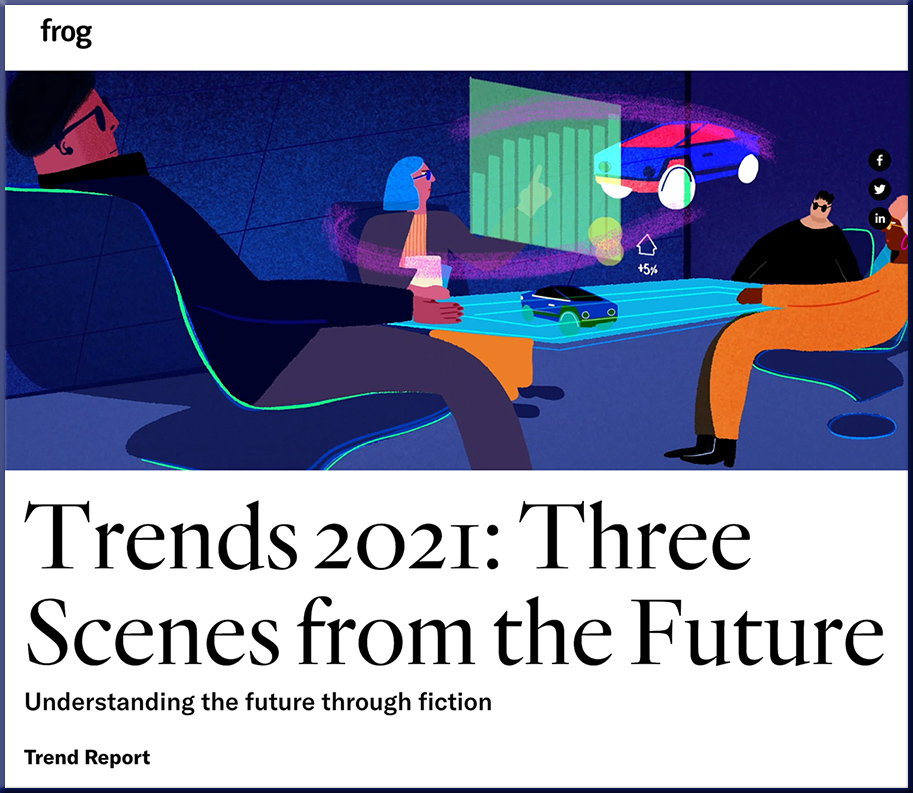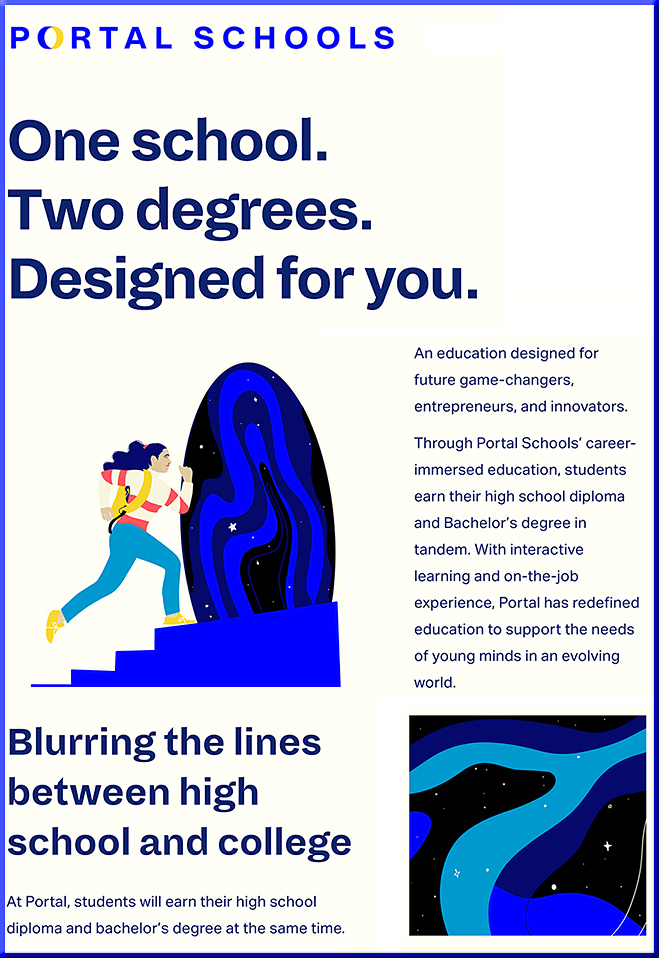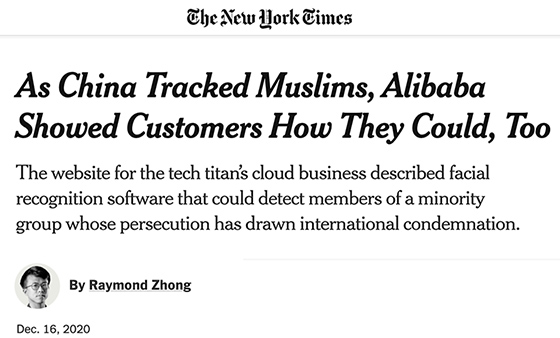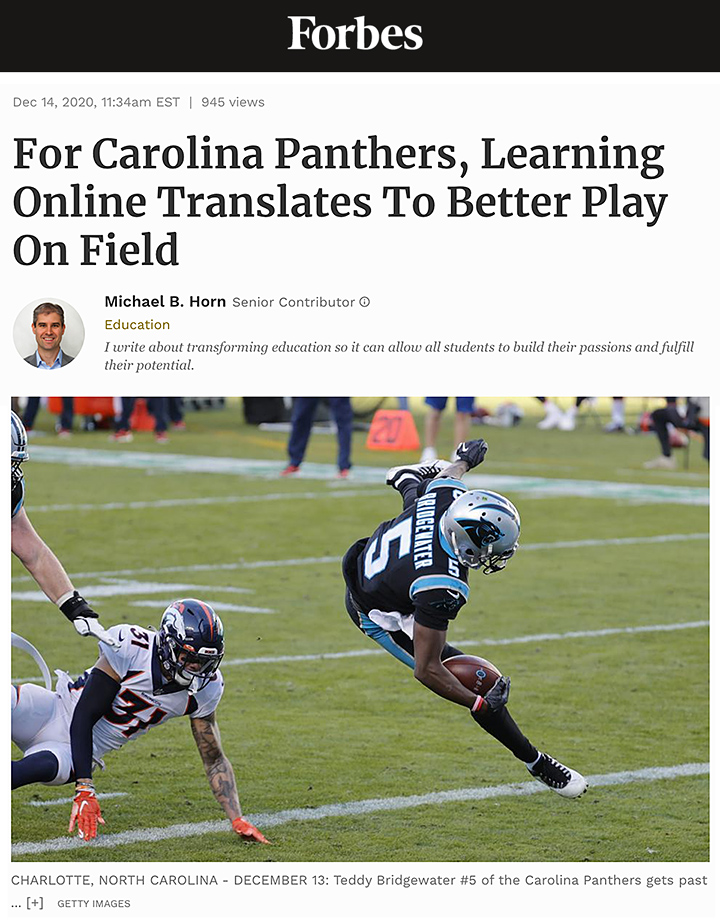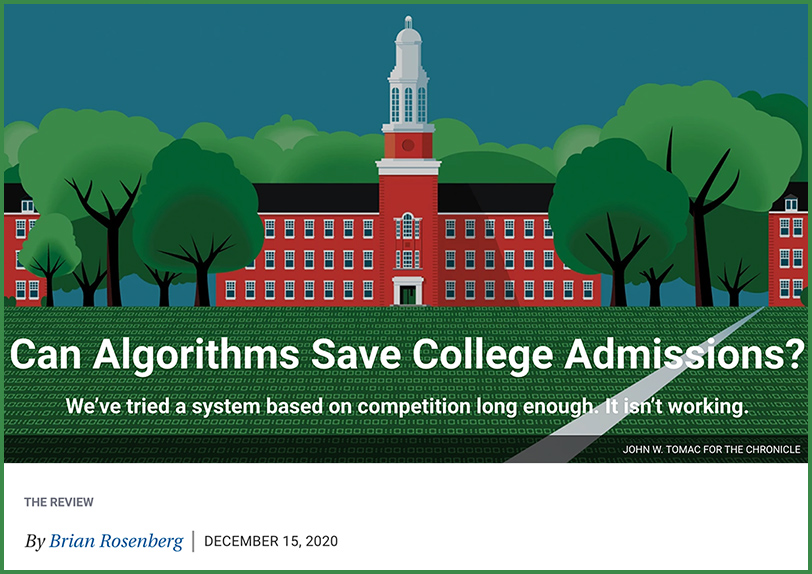Online learning and law schools during the pandemic — from tonybates.ca by Tony Bates
Excerpt:
Pre-Covid, law schools and especially law accrediting agencies in North America have been pretty conservative in the past with regard to online or more accurately distance learning (see Online education and the professional associations: the case of law, for more details on the situation in 2018).
We can then fairly safely assume that most of these schools would have had no or little prior experience of online learning before March of this year. So it is interesting that 89% of students in law schools in the USA responding to a Thomson Reuters survey reported that during Covid-19 they were taking classes entirely online.
…
However, for me the most interesting results are in the graph below:
Preferences for permanent changes
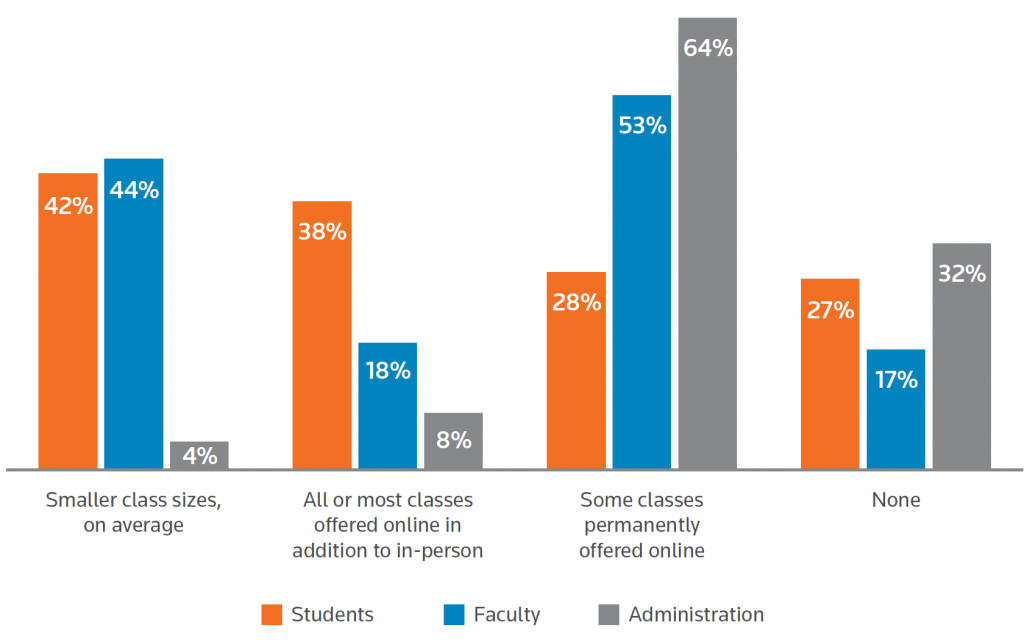
It seems clear that at least some level of online instruction will continue in the future, and that online learning will become widespread for at least some types of classes.
Given that there was almost no online learning in law schools in the USA pre-Covid 19, this is a significant conclusion.
From DSC:
I appreciate Tony writing about this topic. He’s correct in saying the ABA and the legal education field — along with the entire legal realm — was behind the 8 ball in terms of online learning (and I would add the use of emerging technologies in general). In fact, I’d say that the ABA was essentially twenty years behind in terms of getting on board the online learning train. It still has a ways to go…but the pressure is on the ABA to get with the times. Our society requires that they do so. The pace of change has been changing for a decade or more now. They can no longer walk on the race track and hope to not get in the way of a world that’s traveling at 180 mph.

Make no mistake, if the ABA — and the legal field in general — continues at their previous pace, we all will pay the price. Consider but a few areas that are already having an impact on our society:
- #AI #blockchain #XR #AR #MR #VR #robotics #bots #algorithms #ethics #BigData #learningagents #legaltech #NLP #emergingtechnologies
Along with other tags that apply here:
- #stayingrelevant #reinvent #vision #leadership #strategy #A2J (Access to Justice)












